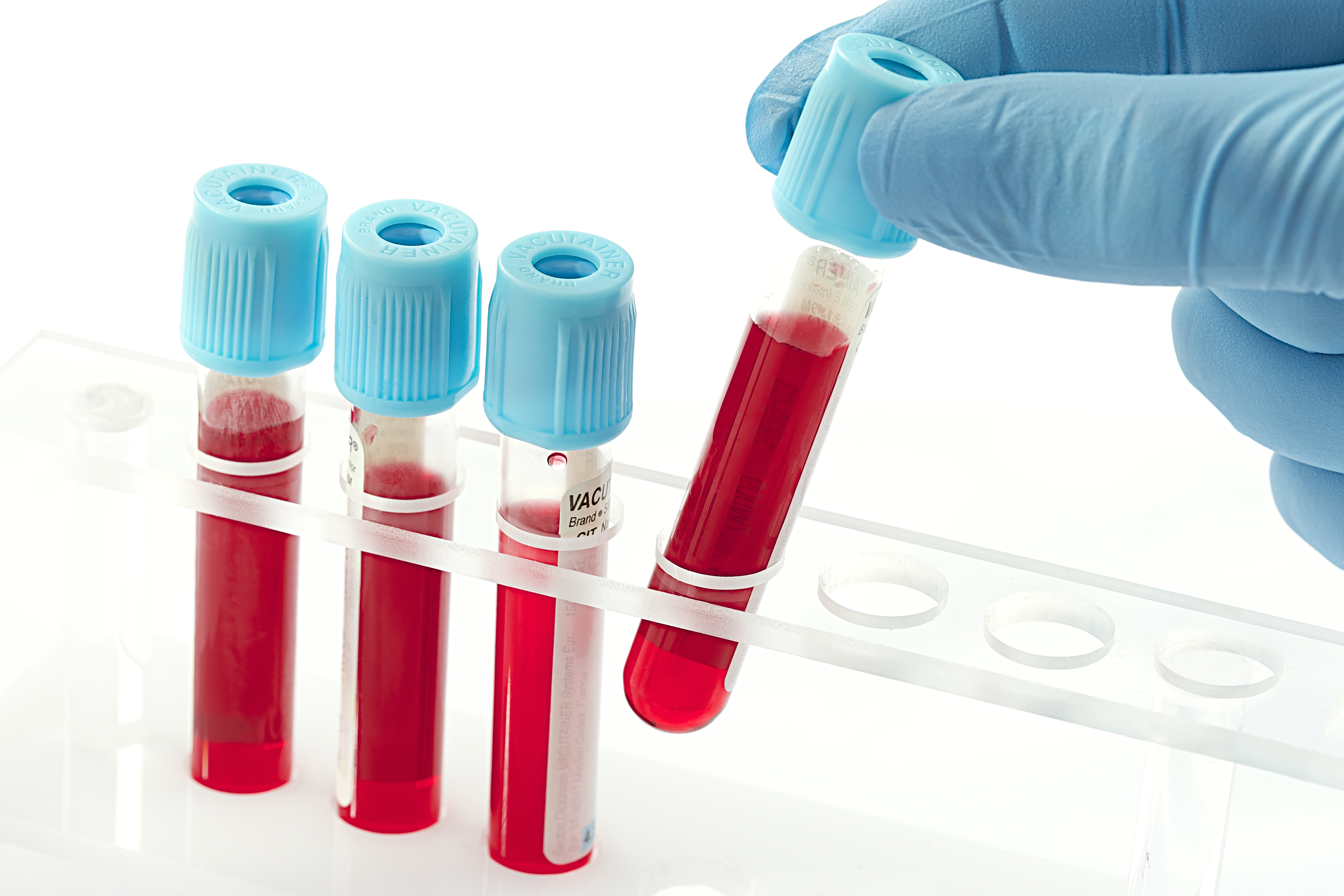
Diabetes is a chronic disease that occurs when the pancreas is unable to produce enough insulin or is unable to effectively use insulin. Insulin is a hormone responsible for regulating the blood glucose level. Diabetes may lead to serious complications, including vision problems, heart failure, kidney failure, and nerve damage. One of the causes of diabetes is unhealthy eating habits, which cause the blood glucose level to be at a constant high level.
Researchers from the Chalmers University of Technology, University of Copenhagen, and Gothenburg University have proven that there are certain types of food that increase the risk of type 2 diabetes, such as red meat and everything with a high saturated fat content. On the other hand, there is also food that has protective properties against diabetes, such as fish, nuts, vegetable oil, and Vitamin E.
In the study, researchers collected blood samples from 600 diabetic women. The blood samples were collected twice: the first time at the beginning of the research and the second time five and a half years later. The blood samples contained unique metabolic fingerprint, including specific biomarkers that corresponded to food consumed at the time the blood samples were taken.
With this method, the researchers were able to objectively determine the effect of food towards diabetes. By studying these biomarkers, we could learn which food category increases the risk of diabetes without needing additional information about the eating pattern of the patient. Acquiring that information would require a lot of time and effort, while with biomarkers one would be able to get a faster, more precise result. This would certainly help to determine which food is beneficial in the fight against diabetes and eventually promote a healthier lifestyle.
Text by Anggie Triana
Stock photos from: Depositphotos
Source(s):
- Savolainen, O., Lind, M. V., Bergstrom, G., et all (2017). Biomarkers of food intake and nutrient status are associated with glucose tolerance status and development of type 2 diabetes in older Swedish women. The American Journal of Clinical Nutrition. DOI: 10.3945/ajcn.117.152850
- Diabetes Fact Sheet, WHO (2017) www.who.int/mediacentre/factsheets/fs312/en/, 25 September 2017.